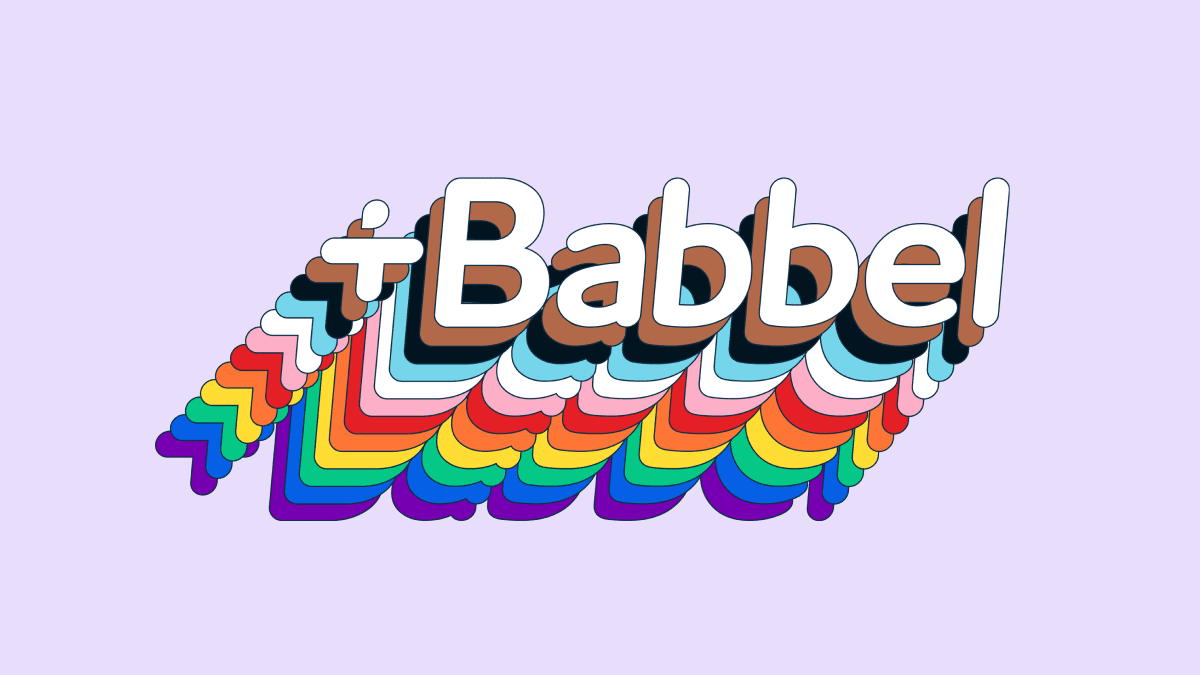What Is The Difference Between May Vs. Might?
Have you ever found yourself pondering whether to use “may” or “might” in a sentence? You’re not alone! These two modal verbs often confuse even native English speakers. But fear not – we’re here to demystify the may vs. might conundrum and help you use them with confidence in your everyday conversations and writing.
What Do “May” and “Might” Mean?
Before we dive into the nitty-gritty, let’s start with the basics. Both “may” and “might” are modal verbs used to express possibility or permission. However, their usage can vary depending on the context and the level of certainty you want to convey.
May Meaning
“May” typically indicates a higher likelihood or a more formal tone. It’s often used in official contexts, polite requests, or when discussing general truths.
Example: “You may enter the building after showing your ID.”
Might Meaning
“Might,” on the other hand, usually suggests a lower probability or a more hypothetical situation. It’s commonly used in casual conversations or when expressing uncertainty.
Example: “I might go to the party tonight, but I’m not sure yet.”
How Do You Use May and Might?
Now that we’ve covered the basics, let’s explore how to use these modal verbs effectively in different situations.
Expressing Possibility
- Use “may” for more likely scenarios or formal contexts.
- Use “might” for less certain situations or informal speech.
Asking for Permission:
- “May” is more formal and polite.
- “Might” is rarely used for permission in modern English.
Making Suggestions:
- Both can be used, with “might” sounding slightly more tentative.
Expressing Wishes:
- “Might” is more common in expressing wishes or regrets.
What’s the Difference Between “I May” and “I Might”?
The distinction between “I may” and “I might” often comes down to the level of certainty and the formality of the situation.
- “I may” implies a higher likelihood or a more definite possibility.
Example: “I may attend the conference next week.” (There’s a good chance I’ll go)
- “I might” suggests a lower probability or a more hypothetical scenario.
Example: “I might win the lottery someday.” (It’s possible but unlikely)
What Is Stronger, May or Might?
In terms of expressing certainty, “may” is generally considered stronger than “might.” This is because “may” often implies a higher degree of possibility or likelihood.
Compare these examples:
- “It may rain tomorrow.” (There’s a good chance of rain)
- “It might rain tomorrow.” (Rain is possible, but less certain)
Practical Tips for Using May and Might
To help you master the use of these modal verbs, here are some practical tips:
- Consider the formality of the situation. Use “may” in more formal contexts and “might” in casual conversations.
- Think about the level of certainty you want to convey. If you’re more confident about a possibility, lean towards “may.”
- Pay attention to tense. “Might” is often used when referring to past possibilities, while “may” is more common for present or future scenarios.
- Remember that in many cases, “may” and “might” can be used interchangeably without significantly changing the meaning.
- Practice using both in various contexts to develop a natural feel for when each is most appropriate.
By understanding the subtle differences between “may” and “might,” you’ll be able to express yourself more precisely in English. Whether you’re writing a formal email, engaging in casual conversation, or crafting academic prose, you’ll now have the tools to choose the right modal verb for the job. So, the next time you’re unsure whether to use “may” or “might,” remember this guide. You may find it helpful, and it might just make your English sound more natural and confident!
This article was created with the assistance of AI.
RECOMMENDED NEWS

An English Punctuation Review
Is English punctuation really all that important? Let’s look at this classic written joke: “Let’s ea...

Putting our LGBTQIA Employees first during Pride month
For the past few months here at Babbel, we – just like lots of other companies – have been working o...

The World’s Unspoken Languages
The concept of unspoken languages may sound like an oxymoron at first. When we think of language, it...

From Malaysia to Berlin: Qayyuum’s Onboarding Experience
Join us as we sit down with Qayyuum, a Backend Engineer who became part of Babbel’s Cheshire Cat tea...

Early Childhood Education: Nurturing Young Minds for a Brighter Future
The Importance of Early Childhood Education As a parent, I know how crucial early childhood educati...

Inclusive Education: Supporting Special Education Children’s Journey
Inclusive education is a concept that aims to provide equal opportunities for all students, regardl...
Comments on "What Is The Difference Between May Vs. Might?" :